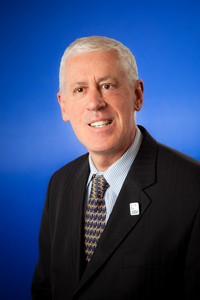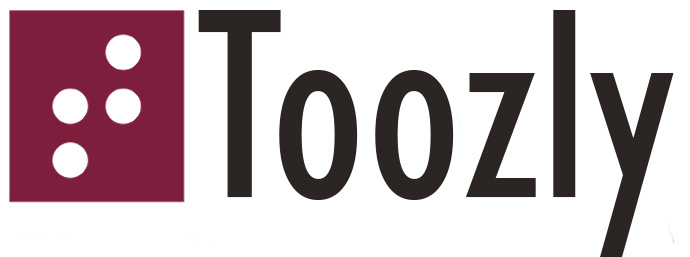He loves me, He loves me not
by Graeme Innes A.M

He Loves Me, He Loves Me Not
Remember that old kids game we played — counting petals on a flower to determine whether someone to whom we were attracted was also attracted to us. It used to be portrayed as a girl's game, but believe me — as a boy lacking confidence in his interactions with members of the opposite sex — I played it as well.
People with disabilities play the same game when they are applying for jobs — it's called Disclose, Not Disclose.
When I qualified as a lawyer many years ago, I spent twelve months going to about thirty interviews for jobs. I got none of them. I'm firmly convinced, though, that if I had disclosed my blindness over the telephone I wouldn't have even got the interview.
Sadly, not much has changed.
Not getting the interview is a powerful argument for not disclosing. If you don't get the interview you have no chance of getting the job. But some people with disabilities don't feel as comfortable as I became not sharing that particular truth.
People feel that not disclosing their disability is a poor way to begin what they want to become a strong and positive employer-employee relationship. And there's something in that. During my time working with employment discrimination complaints I have heard many employers say that they have an innate distrust of an employee who does not tell them about disability. Some more extreme employers have said it is actually dishonest or fraudulent.
Not disclosing at the interview is one thing. That is as far as my disability would let me go — it's hard not to disclose blindness when you walk in the door with a white cane or a guide dog. I always enjoyed the frisson of surprise I could detect, and felt that it gave me a slight edge at the interview.
And not disclosing before the interview is tricky for people with some disabilities — you certainly disadvantage yourself if you turn up using a mobility aid to be greeted by a flight of steps, or arrive as a Deaf person to find no Auslan interpreter, live captions or hearing loop.
The next step, though, is not disclosing during the interview, and starting the job having not told your employer of your disability. I can't do that, but some people with hidden disabilities can, and do.
Some people argue that their disability is their business, and the employer has no need to know. And this is what the law provides — only requiring disclosure of disability if that disability limits your ability to carry out the inherent requirements of the job.
But this is definitely not the view of some employers. I have known cases where employers have sacked a person with a disability simply for not disclosing it. Those people with disabilities who have lodged discrimination complaints about such conduct have been successful in winning damages, but it rarely gets them their job back.
Why don't many people with disabilities disclose? Because we know that if we do, we are likely not to get the interview, not to get the job, or if we do get the job have more limitations placed around the way we work. We don't disclose because the usual outcome is negative for us.
Employers often complain that employees with disabilities do not disclose. And the same employers claim that if people did disclose, they could adjust the work-place to meet the needs of their employee or potential employee. But most of us with disabilities don't believe them. Because they may say it, but they don't often do it.
So the solution for disclosure is firmly in the hands of the employer — if you make your workplace one which welcomes people with disabilities, we'll tell you about the disabilities we have, and how they may — or more likely may not — impact on our ability to do the job.
What are your disclosure experiences?
Have you disclosed, and then not got the interview or the job?
Have you disclosed and been welcomed into the workplace?
And employers, how have you reacted when someone discloses? Because our behaviour is in your hands — if you are welcoming, we'll be truthful.
Share your disclosure stories on Toozly.
